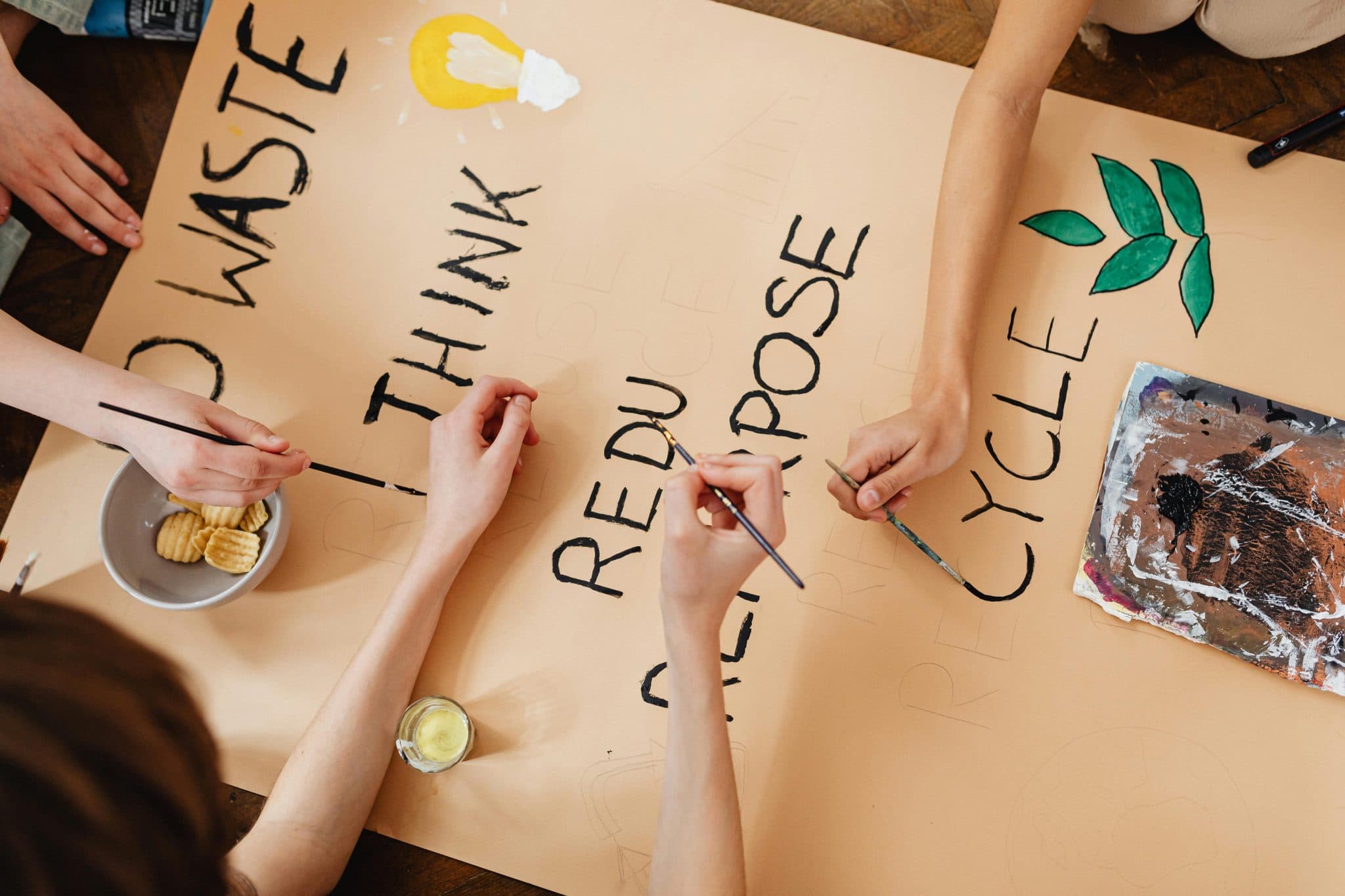Circular Economy Participating in Reuse Systems Successfully
The concept of circular economy has gained traction over the past few years as the global focus on sustainable development has intensified. In simple terms, circular economy aims to move away from the traditional linear economy model where resources are extracted, used, and then disposed of. Instead, it promotes a circular system where resources are continuously reused and recycled, thus reducing waste and preserving natural resources. One important aspect of circular economy is participating in reuse systems, which can have a significant impact on achieving a successful circular economy. In this article, we will explore the benefits and challenges of circular economy participating in reuse systems.
The Benefits of Participating in Reuse Systems in Circular Economy
Participating in reuse systems can have numerous benefits for both businesses and society as a whole. Here are some of the key advantages of circular economy participating in reuse systems:
Reduction of Waste and Resource Depletion
One of the primary objectives of circular economy is to reduce waste and the depletion of natural resources. By participating in reuse systems, businesses can significantly reduce their waste generation and reliance on virgin resources. This is achieved through processes such as refurbishment, remanufacturing, and recycling, where materials are reused and repurposed instead of being discarded. As a result, circular economy participating in reuse systems helps to keep valuable materials in use for longer, thus reducing the need for new resource extraction.
Cost Savings
Participating in reuse systems can also bring significant cost savings to businesses. By reusing materials and products, businesses can save on the costs associated with extracting, processing, and transporting virgin resources. Additionally, reusing products also reduces the need to manufacture new products, which can be costly. Furthermore, circular economy participating in reuse systems can also provide opportunities for new revenue streams, such as the sale of refurbished or remanufactured products.
Promotion of Innovation and Collaboration
Circular economy participating in reuse systems requires businesses to collaborate with other companies and stakeholders in their supply chain. This collaboration can lead to innovative solutions for reusing materials and products in novel ways. For instance, some companies have formed partnerships with waste management companies to develop new processes for recycling or repurposing their waste materials. This not only promotes innovation but also strengthens the circular economy by ensuring that waste is kept out of landfills.
Positive Environmental Impact
Participating in reuse systems can also have a positive environmental impact by reducing the carbon footprint of businesses. As mentioned earlier, circular economy participating in reuse systems helps to keep valuable materials in use for longer, reducing the need for new resource extraction. This, in turn, reduces greenhouse gas emissions and helps to combat climate change.
Challenges of Circular Economy Participating in Reuse Systems
While there are significant benefits to participating in reuse systems in circular economy, there are also some challenges that need to be addressed:
Infrastructure and Technology Limitations
In order for circular economy participating in reuse systems to be successful, there needs to be adequate infrastructure and technology in place. This can be a challenge, especially for smaller and medium-sized businesses that may not have the resources to invest in such infrastructure and technology. Governments and policymakers can play a crucial role in providing incentives and funding to support businesses in their adoption of circular economy practices.
Changing Consumer Behavior
Another critical factor in the success of circular economy participating in reuse systems is consumer behavior. While businesses can drive the adoption of reuse systems, it ultimately comes down to consumer demand. Businesses need to educate consumers about the benefits of circular economy and how they can play a role in it by choosing to buy products that are designed for reuse and recycling.
Regulatory and Legal Hurdles
Participating in reuse systems also requires businesses to navigate regulatory and legal hurdles. For instance, in some industries, certain materials may be subject to regulations that limit its reuse. Additionally, there may be legal barriers related to ownership and liability that need to be addressed when implementing reuse systems. Governments can assist in addressing these hurdles by providing clear regulations and incentives for businesses to participate in circular economy practices.
Conclusion
In conclusion, circular economy participating in reuse systems is an essential aspect of achieving a successful circular economy. It brings numerous benefits, including waste reduction, cost savings, and positive environmental impact. However, it also comes with its own set of challenges that need to be addressed, such as infrastructure limitations, changing consumer behavior, and regulatory hurdles. By addressing these challenges and working together, businesses, governments, and consumers can play a significant role in achieving a more sustainable future through circular economy participating in reuse systems.










